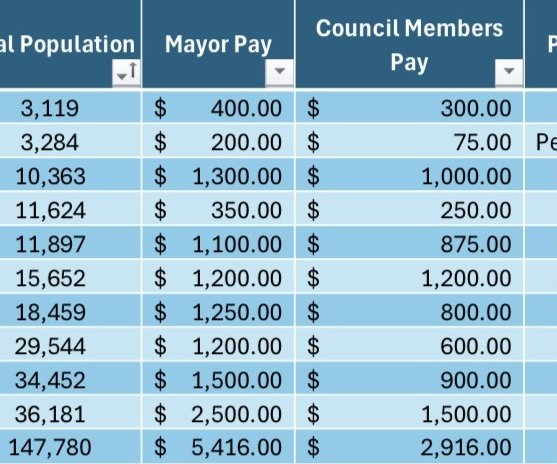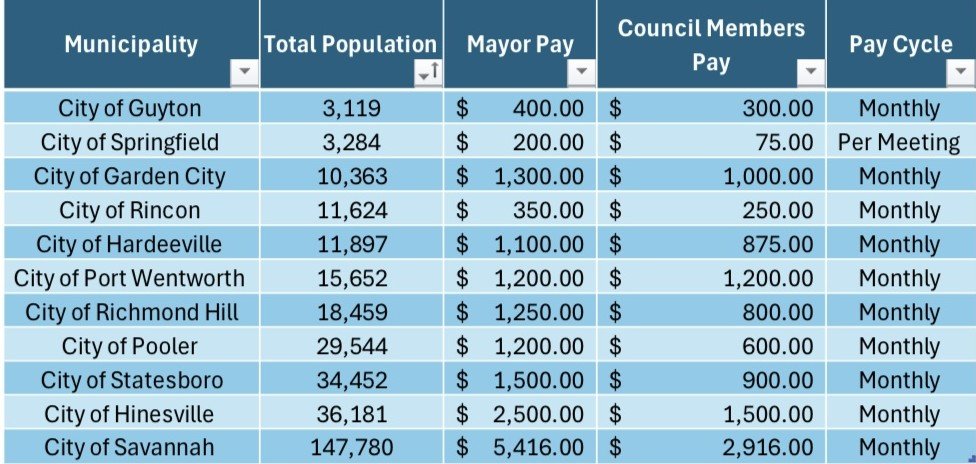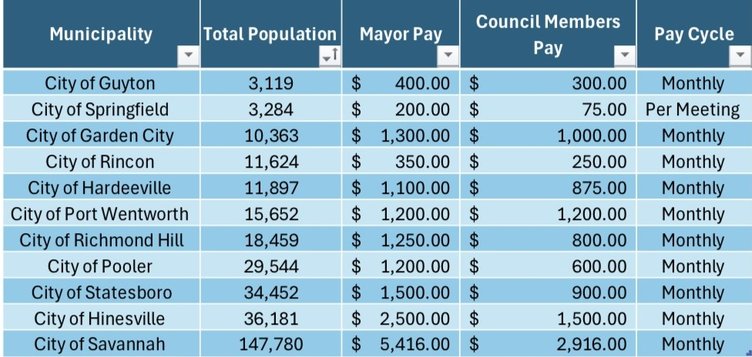Effingham County commissioners approved a settlement between a former Effingham Prison employee and the county, resulting from the employee’s federal discrimination lawsuit. Richard T. White sued former interim warden Vickie Brown and the commissioners for job discrimination. The suit was filed Nov. 2, 2015, in the U.S. District Court in Savannah.
County agrees to settlement in prison discrimination suit








